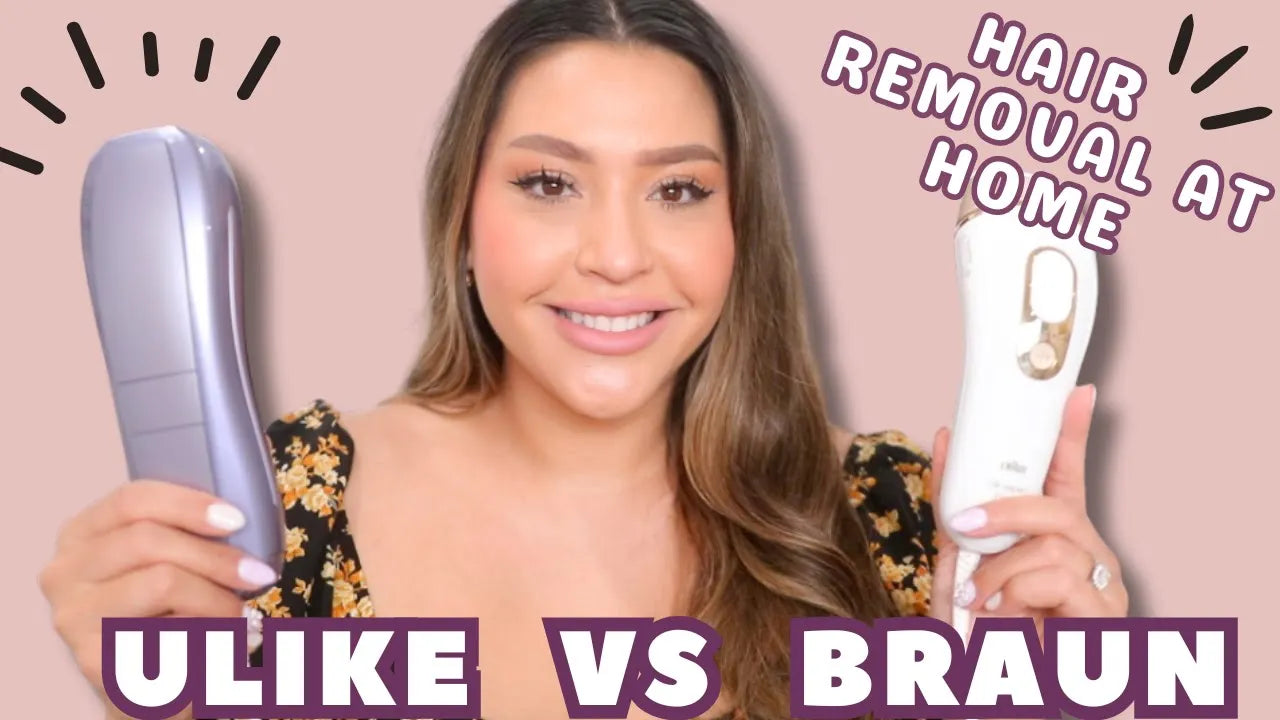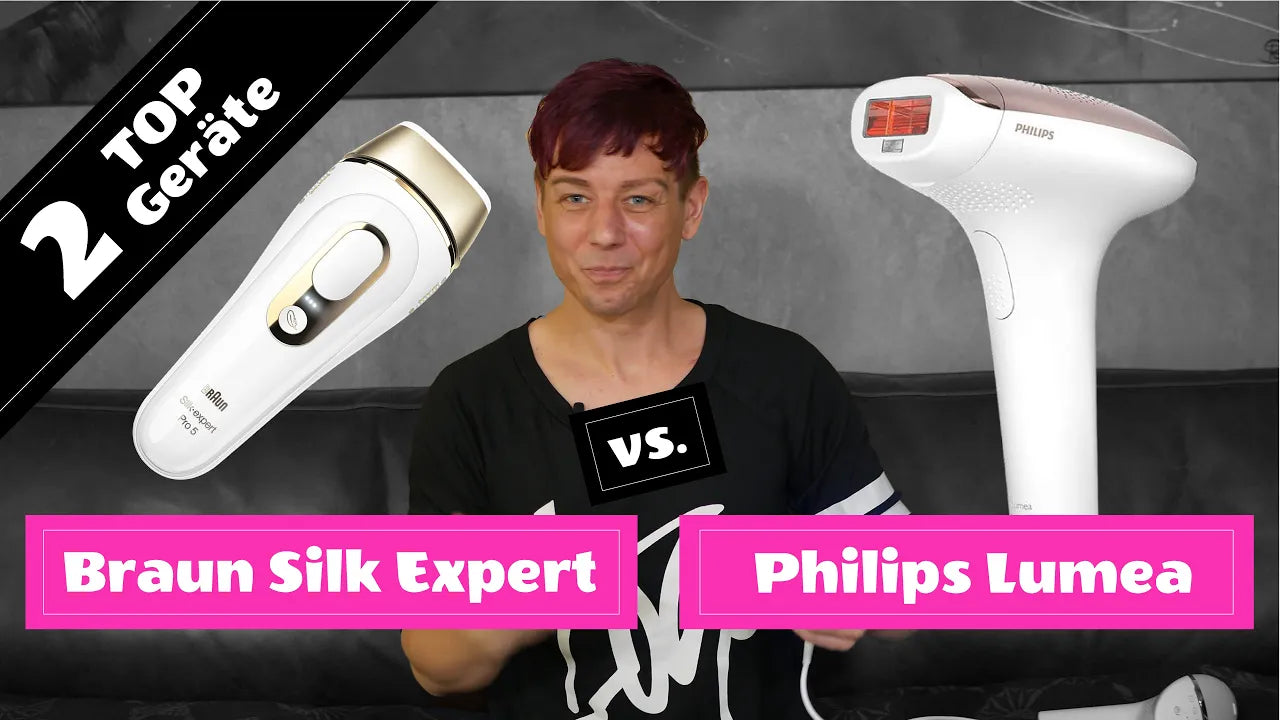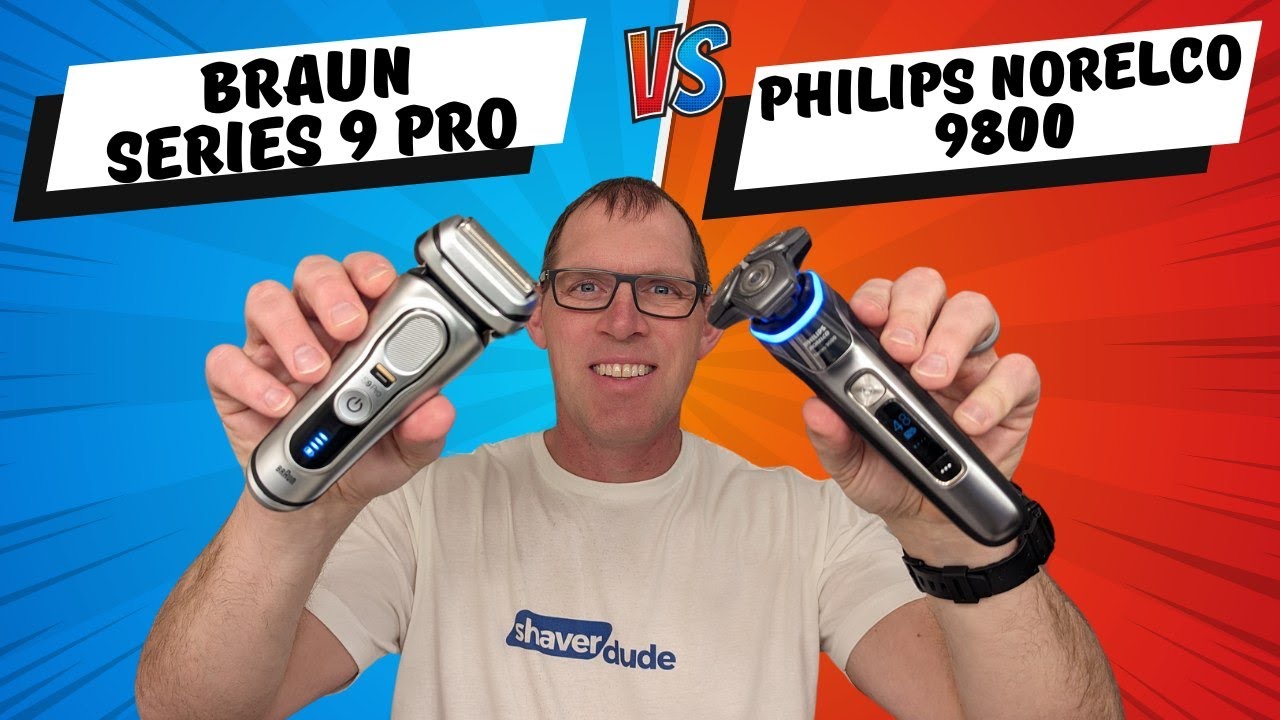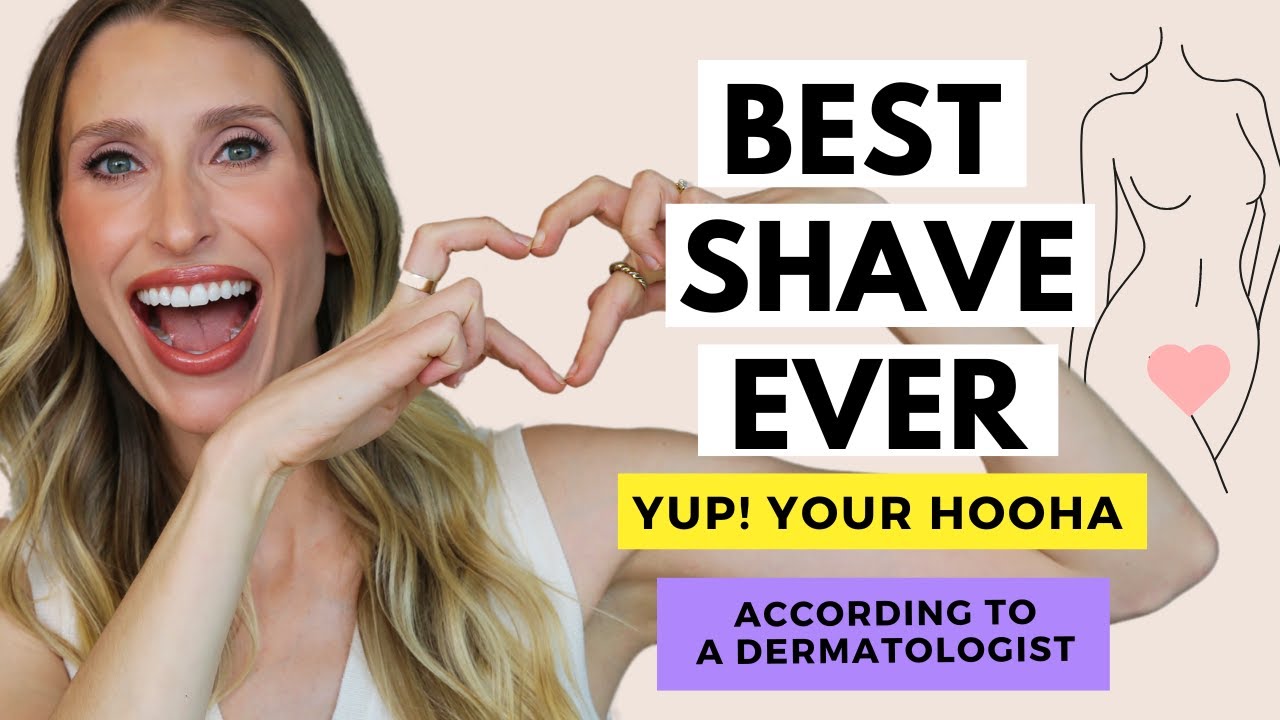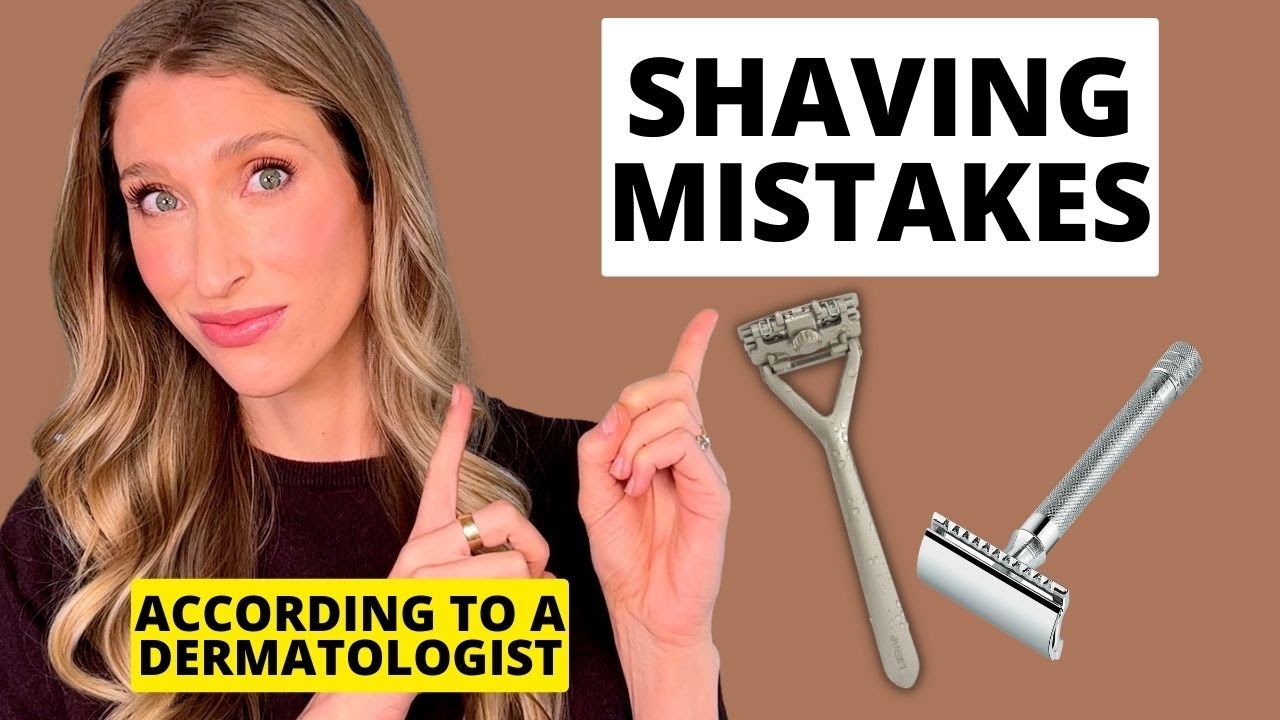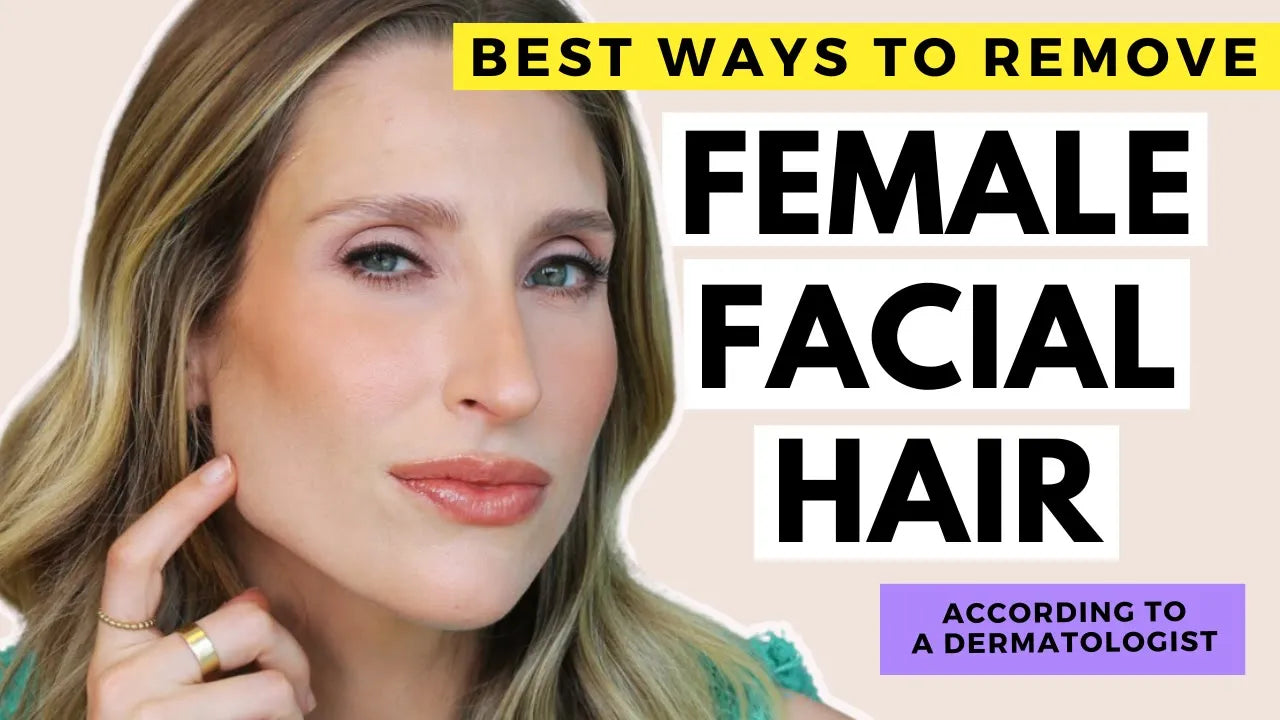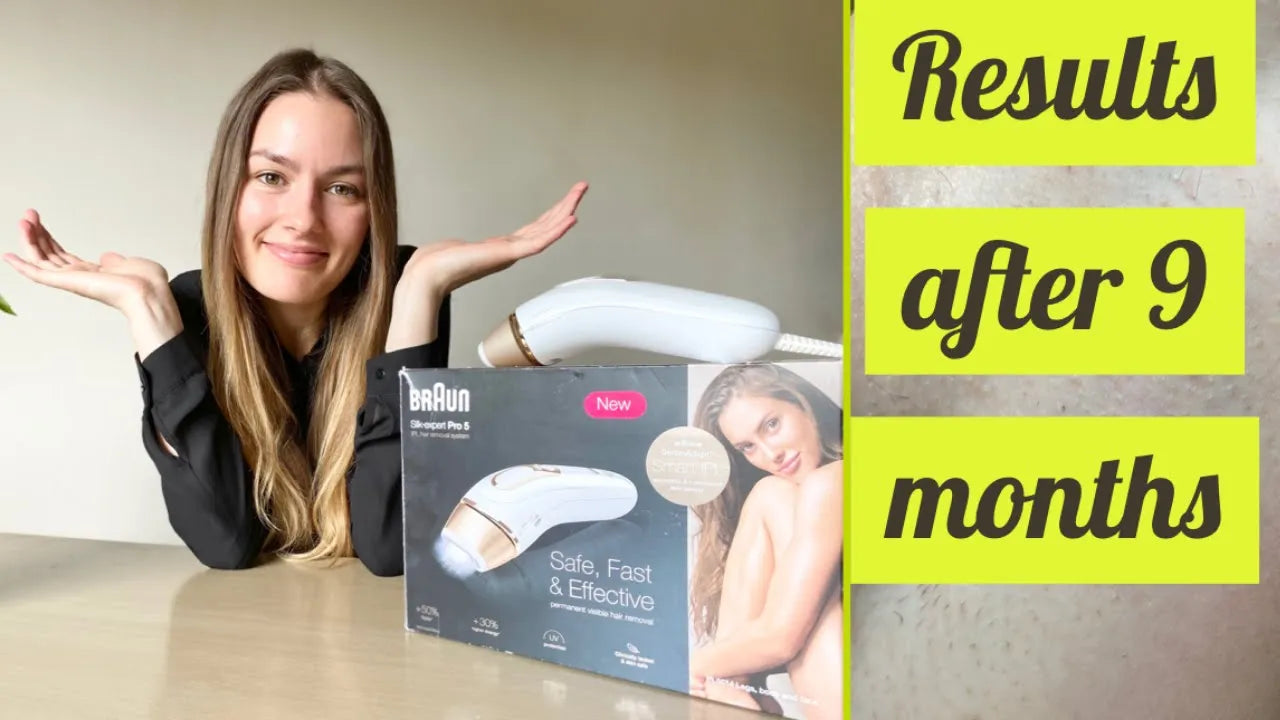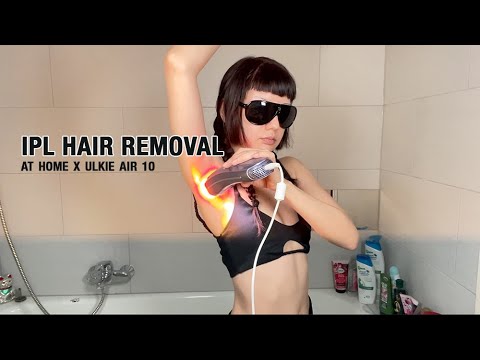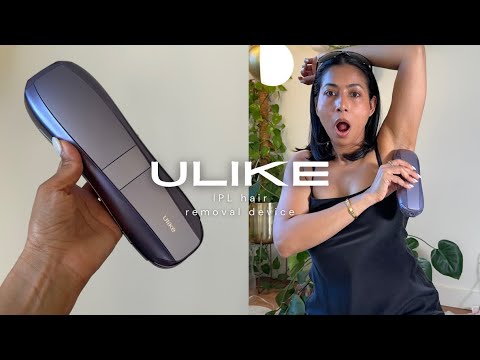People often wonder what the difference is between a dermatologist and an esthetician — especially those who can’t decide if they need one or the other for their specific skincare needs.
So, we asked experts to discuss the difference between the two. Here are their insights:
Table of Contents [show]
René Serbon

Esthetician and International Skin Treatment Expert | Corneotherapy Educator
The biggest difference is that one is a medically trained professional and the other is not
The beauty industry as a whole can be quite confusing, even to those who work in it. It is important to understand the difference between qualified professionals in the industry, so you can build the right skincare team to support you.
I have had the honor to work with professionals across the board and admit that we do not always work well amongst each other. That being said, when you have individuals who work in collaboration with no hesitation to cross-refer when needed, it is a strong indicator that you have an A-Team on your hands.
Who are the professionals that you can meet in the industry?
- Beautician – Not as common in North America. A professional qualified on, what I call, the grooming side of esthetic services who do not usually perform skin services.
- Esthetician – In some countries, they’re referred to as Beauty Therapists. Estheticians are trained in all aspects of beauty services (manicures, brow shaping, etc.), including the skin. Many have advanced certifications in skin analysis, laser technology, electrolysis, semi-permanent make-up, and other modalities.
In the U.S., the technologies an esthetician can use depends on state regulations and varies from state to state. In the rest of the world, the treatments provided by an esthetician are mostly the same across each respective country.
There is no official training for a ‘medical esthetician’ in most countries. It simply implies that the individual works or have worked in a medical setting.
- Licensed Practice Nurse – In Canada, LPN’s often work with medical professionals as their assistants in the treatment rooms and, at times, are trained on other modalities like laser technology.
- Registered Nurses – Depending on location, they can work under the directive and/or supervision of a physician. RN’s usually work in a clinic setting, delivering injectable services and services using technology.
- Physicians – Many physicians undertake specialized training in the field of cosmetics. A cosmetic physician is a doctor who specializes in non-surgical interventions and whose primary intention is changing a patient’s appearance. This is known as cosmetic medicine. It is not uncommon for Naturopathic Doctors to undertake such treatment either.
- Dermatologist – A dermatologist is a doctor who specializes in conditions involving the skin, hair, and nails. A dermatologist can identify and treat more than 3,000 conditions. These conditions include eczema, psoriasis, and skin cancer, among many others (as described by the American Academy of Dermatology Association).
Clinics can be multidisciplinary and include most of the professionals mentioned above and include Registered Massage Therapists, Nutritionists, and Occupational Therapists.
So what is the difference between a Dermatologist and an Esthetician?
The biggest difference is that one is a medically trained professional and the other is not.
An esthetician can assess skin, identify many skin conditions, and create treatment programs to address these conditions. They also have access to technology such as laser, LED, microcurrent, and more, to address these conditions that include pigmentation, vascularity, acne, and aging. However, their scope of practice has limitations.
While your esthetician might be able to identify suspicious lesions or conditions that have compounded to an extent where medical intervention is needed, they cannot diagnose. This is where a good esthetician will refer you to a physician, dermatologist or recommend you seek a medical opinion.
Dermatologists might work in a setting where all esthetic services are available but may only focus on dermatology and not do any cosmetic treatments. Dermatologists treat conditions that need medical intervention, like skin cancers and some types of acne.
Many dermatologists also offer cosmetic services such as fillers, botox, cosmetic mole removal, treatment of excessive facial veins, and of course, other lesions that require removal for medical or cosmetic reasons. They do not, however, personally do the facial services that estheticians offer.
As an esthetician, I work diligently to help physicians and dermatologists know what expertise I have and how I can support their patients within my scope of practice. Estheticians bring many skills to the table that can assist patients with symptoms resulting from necessary medications (such as extremely dry skin).
I also explain my consultative process and allow them to understand how I am an extra pair of eyes on their patients. I see more of the individual’s skin in treatments, and I also often look at arms, legs, backs, and torso.
There are many instances I am the first to notice a suspicious lesion on my client that they either did not notice themselves, or it is in an area my client cannot see on themselves, resulting in a referral to a medical professional.
I often support the referral with diagnostic photos from the technology I use in consultation, so it gives extra information to the medical professional.
Sadly, it is true that some estheticians are afraid to refer their clients to doctors, even for something like botox, in fear of losing their clients to the doctor’s clinic. And I understand that. I work within the industry to help doctors and estheticians understand the value of cross-referring.
Each discipline mentioned in this article comes with its unique skill sets, and when we effectively combine and have the right professional do their work at the right point for the client or patient, that is when the best possible outcome for the individuals in our care is accomplished.
So, now that you understand the difference a bit more clearly does your skin health team work together in your best interest? I hope so because I am a sound believer that healthy skin at any age is possible, and I hope that is true for you.
Anna H. Chacon, M.D.

Dermatologist Writer, My Psoriasis Team
Dermatologists are trained and authorized to diagnose, treat and manage skin disorders
There is quite a difference between a dermatologist and an esthetician. As a board-certified dermatologist, I must say it includes decades of a difference in length of education. However, both dermatologist and esthetician both provide an extensive background in skincare and specialized procedures.
Dermatologists go the extra mile by also providing medical expertise in nail care and hair care as well. Both are good sources of expertise for skincare, particularly because a healthy diet sometimes is not enough to keep your skin looking at its best.
A dermatologist specifically undergoes four years of college, an additional four years of medical school, and a minimum of four years of residency at a university-based academic center. Board-certified dermatologists are experts in medical, surgical, and cosmetic dermatology relating to concerns of the skin, hair, and nails.
Dermatologists also practice in clinical offices or hospitals and are trained and authorized to diagnose, treat and manage skin disorders.
Common conditions that dermatologists treat include:
- acne
- skin cancer
- psoriasis
- rosacea
They also treat skin infections such as:
- herpes simplex
- zoster
- impetigo
- cellulitis
- other infectious conditions
Dermatologists, like other physicians, are able to write prescriptions based on their knowledge of skin health and pharmaceuticals. In addition, they are also able to do surgery on abnormalities of the skin, such as skin cancer and other tumors or growths of the skin that are of concern.
In addition, we perform procedures such as lasers, botox, fillers, chemical peels, micro-needling, and treatment of spider or varicose veins.
Generally, it is best to seek the medical expertise of a dermatologist at least once yearly for a skin check. It is generally wise to seek a skin check or mole check at least annually to help detect any abnormalities in the skin early on before it has the potential of transforming into something potentially dangerous.
Want to know your true career potential?
Explore our FREE Career Quizzes—no email sign-up required!
- Career Satisfaction Test – Are you happy in your job? Discover your true feelings.
- Born to Inspire? – See if you have the natural ability to lead and inspire.
- Self-Assured or Self-Absorbed? – How do others really see you?
- Difficult Situations? – Measure your skills in handling conflicts.
- Empower and Delegate – See how well you manage and lead.
It is imperative in particular for ruling out skin cancer. It is also key to seek a Derm’s advice when suffering from a rash that is particularly concerning or spreading, particularly after taking a new medication. In addition, acne that isn’t clearing up with over-the-counter treatments also needs the counsel of an expert dermatologist as it may require prescription topical or oral therapies.
Skin cancer, psoriasis, atopic dermatitis or eczema, skin infections, and rosacea also require our expertise. Additionally, it is also crucial to ask a skin expert such as a Derm what their thoughts are on a new procedure for your skin such as dermabrasion or microdermabrasion, botox, and laser hair removal, for instance.
Estheticians are trained and authorized to perform facials, skin analyses, aromatherapy, and more
Contrastingly, estheticians are skin care professionals who have attended shorter trade schools and also passed state boards in most cases. By passage of a state board, estheticians obtain a license to practice in the state as a standard or medical esthetician.
Most programs last 3-6 months to complete 250-1500 hours of training, depending on individual state requirements. They may work in dermatologist offices, med spas, hair salons, or medical office settings under the guidance and direction of other medical professionals such as dermatologists. They typically perform skin cleaning and facials.
In addition, they are trained and authorized to perform:
- facials
- skin analyses
- aromatherapy
- application of makeup
- body wraps
- aromatherapy
- microdermabrasion
Furthermore, there are licensing and master courses that allow preparation at a greater scale to perform laser hair removal, chemical peels that are more in-depth, as well as skin resurfacing.
Barry Goldman, MD
Board-Certified Dermatologist, Goldman Dermatology
Difference in education
-
Dermatologist – Has extensive education requirements
- College
- Medical School
- Internship (1 year)
- Residency (3-4 years)
- State and Board licensing requirements
-
Esthetician –
- High School or GED
- 6 months to 1 year Cosmetology or Esthetician course
- State License Written and Practical exams
Difference in job duties
-
Dermatologist –
- Able to write prescription RX#
- Diagnose the skin and hair for cancers
- Treatment for skin/hair problems and illnesses
- Minor surgeries removal of moles
- Use needles
- Perform cosmetic procedures:
- lasers, injection of fillers, prescription-strength chemical peels, medical micro-needling (longer needles)
-
Esthetician –
- Examine the skin (Surface level)
- skin analysis
- perform facials (extract whiteheads/blackheads)
- hair removal (not as evasive as Dermatologist)
- makeup application
Difference in length of appointment
This is the main difference between the two. The esthetician at Goldman Dermatology, Jean Dachnowicz points out that, a Dermatologist can only spend 10-15 minutes with a patient to discuss their skin needs while an Esthetician can spend up to an hour. An Esthetician can really get a detailed history and pay close attention to details, lifestyles, and changes.
The benefit of Esthetician and Dermatologist combo
An open line of communication with the dermatology, esthetician, and the patient is of utmost importance.
An example of collaboration in our office is suggesting the patient see the dermatologist for a prescription retinoid to bring the blackheads to the surface and returning in a few weeks for comedones (blackhead) extractions. This will be much less traumatic to the skin.
Related: How to Get Rid of Blackheads on Your Nose
Another example is when patients come to the esthetician saying they need microdermabrasion for their problem, but all they really need to clear up their active acne first, in which case they will be referred to the dermatologist first, so they don’t have to be turned away.
Dr. Robert Goldman

CEO and Founder, Robert Goldman Cosmetic Surgery
A dermatologist is a certified doctor who deals with various skin treatments and health
While both of these professions deal with skin, they are minutely different. A dermatologist is a certified doctor who deals with various skin treatments and health. They are specially trained to examine skin problems and prescribe medications. Since they are certified, they have more clients per day as compared to an esthetician.
An esthetician focuses on how to make the skin look better
On the other hand, an esthetician is someone who focuses on how to make the skin look better. They are someone who can advise you on how to keep your skin healthy and make it look better, but they cannot give you medical recommendations or treatments.
They deal with only the exteriors of your skin. It includes dry and oily spots, blemishes, and unwanted hair in most cases. Their pace of work generally runs slower than that of a dermatologist.
Erica Suppa

Research Biologist and Expert Skin Care Esthetician | Founder, Fresh Faced Skin Care
Dermatologists are physicians and surgeons that have specialty training in skin, hair, and nails
They attend more than ten years of school and focus on the skin. They examine, assess, treat, and diagnose skin issues. Dermatologists are trained to surgically manage a variety of skin tumors, both non-cancerous and cancerous.
They can also prescribe medications for important medical or surgical issues, such as treating or managing infections.
Estheticians are licensed professionals that treat the epidermis of the skin
This includes the examination and treatment of common skin issues. They recommend products and practices to improve the skin’s appearance. Many times, they offer a more natural approach that is beneficial because they recommend and use drug-free solutions.
Estheticians like me treat common issues such as breakouts, redness, sun damage, hyper-pigmentation, and wrinkles.
Utilizing both Dermatologists and Estheticians can be beneficial. That’s why it is common to see dermatology clinics and med spas that include estheticians on their staff. The dermatologist will diagnose and prescribe, and the esthetician will address the treatment needed.
Ashley Holladay

Skincare and Wellness Enthusiast | Senior Editor, Skincare Lab
What is a Dermatologist?
A dermatologist is a medical doctor who specializes in skin, hair, and nail treatment. The training to become a dermatologist includes:
- A four-year bachelor’s degree
- Four years of medical school
- A one-year internship
- Three years of residency
- They are truly skin medical experts
The training doesn’t stop there either. To be board-certified, dermatologists must finish all the requirements above and pass an exam on all the training and skills learned through the training.
This may sound like a lot. But dermatologists need to know how to identify and treat over 3,000 different skin conditions! Some of the more common skin conditions include acne, skin cancer, eczema, rosacea, and psoriasis. Dermatologists treat everyone, from babies to seniors.
Dermatologists can be seen at hospitals or clinics that offer dermatological services. It’s recommended to go to a dermatologist at least once a year for a yearly full-body skin check. These preventative checks can help keep an eye on the early signs of skin cancer and any other skin conditions.
They can perform cosmetic procedures such as scar removal and provide prescription treatments for conditions such as acne, psoriasis, or rosacea.
What is an Esthetician?
Estheticians are state-licensed skincare professionals who specialize in treatments to improve skin health and beauty. The training to become an esthetician includes:
- Getting a high school diploma or GED
- Completing an accredited esthetician training program (which includes 600 hours of coursework)
- Passing the required state exam
Estheticians can perform procedures and apply treatments that focus on improving skin health and appearance. They can use machines, devices, and skincare products to provide a relaxing experience and have your skin looking better than ever!
They provide services such as facials, chemical peels, microdermabrasion, waxing, masks and wraps, makeup application, pore cleansing, and more. Estheticians focus on cosmetic skincare. They can assess current issues such as dry skin, fine lines, age spots, and redness and provide product and treatment advice.
Frequently Asked Questions
How Do I Choose a Dermatologist or an Esthetician?
Choosing a skin care professional can be a personal and subjective decision, but here are some factors you should consider:
Credentials: Make sure the professional you choose has the appropriate education, training, and licensure for their specialty. Check credentials and certifications, and make sure you know the reputation and reviews of other patients.
Experience: Look for a professional who has experience treating your specific skin concerns or goals. Ask about expertise, success rates, and patient satisfaction.
Approach: Consider the communication style and manners of the professional you choose.
• Do they listen to your concerns and goals and provide clear and honest recommendations?
• Do they explain the risks, benefits, and costs of the treatments they offer?
• Do they respect your preferences and values?
Environment: Evaluate the cleanliness, safety, and comfort of the clinic or spa where the professional works.
• Are the equipment and facilities up to date and well maintained?
• Is the staff friendly, professional, and attentive?
• Do you feel relaxed and pampered during your visit?
Can I Get a Virtual Consultation With a Dermatologist or Esthetician?
Yes, virtual consultations with dermatologists and estheticians are becoming more common and convenient, especially with the COVID-19 pandemic and the advent of telemedicine. Virtual consultations offer several benefits, such as:
Accessibility: You can consult a dermatologist or esthetician from the comfort of your own home, saving you the hassle and expense of traveling to a clinic or spa.
Flexibility: You can schedule a virtual consultation at a time that fits your schedule, avoiding wait times or cancelations.
Safety: You can minimize the risk of infection or germs and protect yourself and others.
Efficiency: You can save time and money by getting a quick, focused consultation and avoiding unnecessary tests or treatments.
However, virtual consultations also have some limitations, such as:
Inability to perform physical exams or tests: During a virtual consultation, a dermatologist or esthetician may not be able to perform a thorough examination or test of your skin, but instead, you must provide detailed information or photos.
Lack of personal touch or rapport: A virtual consultation may not provide the same level of personal interaction or rapport as a face-to-face consultation and may require you to communicate more clearly and concisely.
Technology or connectivity issues: A virtual consultation may be affected by technical or connectivity issues and may require a reliable and fast internet connection and a camera and microphone.
It’s important to check with your dermatologist or esthetician to see if they offer virtual consultations and to inquire about the process, fees, and limitations involved. You should also prepare a list of questions or concerns and be prepared to provide accurate and relevant information about your skin history and current condition.
What Are Common Myths or Misconceptions About Dermatological or Esthetician Treatments?
Dermatologic and esthetician treatments can provide many benefits and improve skin health and beauty. However, several myths or misconceptions about them can lead to confusion, disappointment, or even harm.
Here are some common examples of myths or misconceptions about dermatologic or esthetician treatments:
Myth: Dermatologic or esthetician treatments are only for people with severe or visible skin problems.
Reality: Dermatologic and esthetician treatments can benefit people with all skin concerns and goals, from preventing or managing acne, aging, or pigmentation to maintaining or improving skin health and beauty. They can also provide a customized and personalized approach to skincare, helping you feel more confident and comfortable in your own skin.
Myth: Treatments at a dermatologist or esthetician are expensive and unaffordable.
Reality: Dermatology and esthetician treatments can vary in cost and affordability depending on the type and intensity of treatment, your insurance coverage, and your personal budget. Some treatments may require a higher initial cost but offer long-lasting or comprehensive skin benefits. In contrast, other treatments are more affordable and accessible to people with limited budgets or insurance coverage. It’s important to discuss the costs and benefits of each treatment with your dermatologist or esthetician and prioritize the treatments that align with your goals and budget.
Myth: Dermatologic or esthetician treatments are painful or risky.
Reality: Dermatologic and esthetician treatments may cause some discomfort or side effects, but they are generally safe and well tolerated when performed by a licensed and trained professional and when proper aftercare and hygiene are followed. Some treatments require a topical anesthetic or numbing cream to minimize discomfort. In contrast, others may be performed without pain or downtime. It’s important to discuss with your dermatologist or esthetician the potential risks and benefits of treatment and follow their recommendations and aftercare.
Myth: Dermatologic or esthetician treatments provide immediate or permanent results.
Reality: Dermatologic and esthetician treatments can provide noticeable and long-lasting results for the skin, but they usually require some time and consistency to take full effect. Some treatments require several sessions or weeks to achieve the desired outcome. In contrast, others may require regular maintenance or aftercare to maintain the results. It’s important to be patient and consistent when using skin care products and treatments and to share any concerns or questions with your dermatologist or esthetician.
By dispelling these and other myths or misconceptions about dermatology and esthetician treatments, you can make informed and confident decisions about your skin care regimen and enjoy the health and beauty of your skin.
How useful was this post?
Click on a star to rate it!
Share this article
The Editors
Looking for a fun break from our articles? UpJourney’s games are exactly what you need!
- Trivia Quizzes
- Memory Games
- Crosswords
- Spot the Differences
- Puzzles
- Sliding Puzzles
- Flashcards








